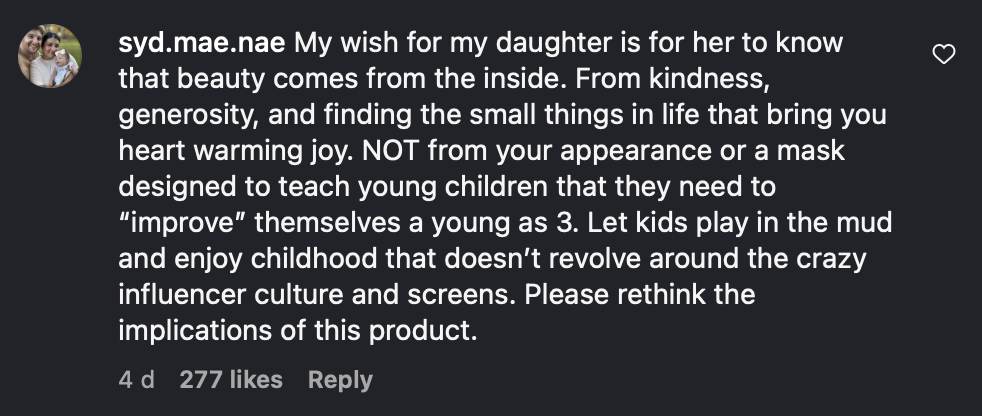Culture
Shay Mitchell’s Kids’ Skincare Brand Rini: Harmless Fun or a Red Flag?

When actor Shay Mitchell announced Rini, a new skincare and play brand for children as young as three, the internet reacted instantly. Some people found the panda and unicorn sheet masks cute. The louder response came from parents and dermatologists who questioned why toddlers needed skincare at all. Rini arrived in a moment already uneasy about the rise of Sephora kids and the growing visibility of children in beauty culture.

The Backlash: Why So Many Parents Are Concerned


Critics were not responding to ingredients as much as to intention. Dermatologists pointed out that children need little more than sunscreen and a basic cleanser. Parents questioned why skincare was being positioned as entertainment in the first place. For them, the concern was not a single product but the idea that beauty habits are being introduced long before they are relevant.
The Line Between Fun and Pressure
Rini sparked debate because childhood now unfolds inside an aesthetic landscape that children absorb before they fully understand it. Imitation has always been part of growing up, but imitation today takes place in a world shaped by tutorials, routines and performance. What once felt like pretend play now sits alongside the language and rhythms of adult self-presentation. The discomfort around Rini reflects this shift rather than the masks themselves.
Totkay to TikTok

Image: Netflix
In Pakistan, care rituals have long existed, but they belonged to the home. Many grew up with rose water before school, mothers oiling their hair or the familiar comfort of haldi or yoghurt used as remedies. These were intimate, domestic moments shaped by family rather than trend cycles. Today, children encounter beauty through influencers and aesthetics that travel faster than products do. The move from totkay to TikTok marks a broader transition in how childhood is shaped and seen.
Not Everything Needs a Product

Part of the reaction to Rini also reflects fatigue with the hyper-commercialisation of beauty. Children can enjoy sensory, playful moments without entering a cycle of buying. A slice of cucumber on the eyes or a simple yoghurt or oatmeal mask offers the same excitement without turning care into something packaged. What unsettles many parents is how easily even gentle forms of play are reframed as consumer habits, positioning children as future customers before they understand the implications.
Where Does Rini Fit Into All This?
This is why responses to Rini are so split. The brand positions itself as gentle, calming and free of strong actives, and many appreciate that. Yet it also steps into a market increasingly interested in younger users. In softening a trend, it contributes to it. The question is whether Rini reflects a shift that is already under way or whether it widens the lane for more child-focused beauty products.
The Question We Cannot Ignore
A sheet mask used occasionally is unlikely to cause harm. What concerns parents is the trajectory of these changes. Childhood is becoming another place where care is bought, displayed and discussed. These moments depend less on what is being applied and more on how adults frame them. A bit of fun is not the same as a routine. Comfort is not the same as correction. Parents, siblings and caregivers shape these distinctions long before children do.
The mask is not the problem. The message that comes with it can be.
